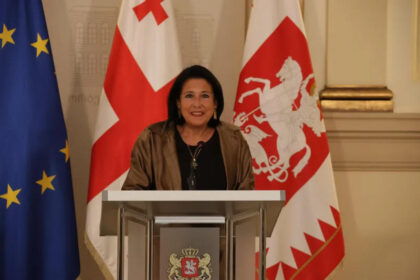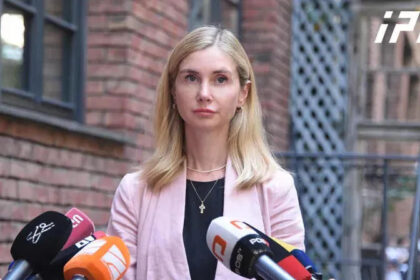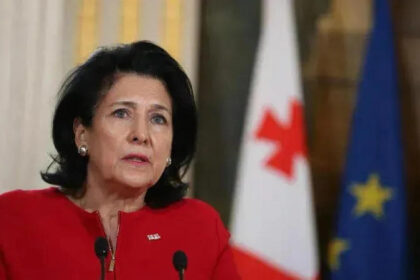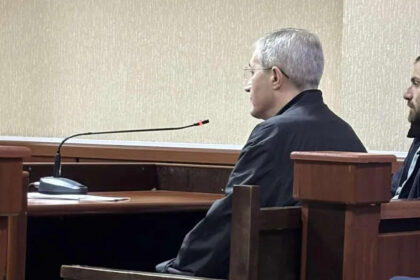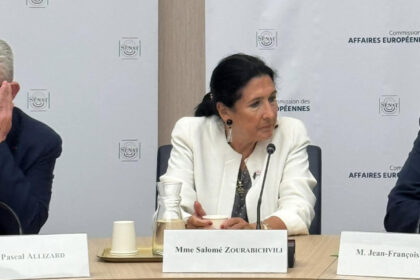According to their statement, GYLA is challenging Article 61 of the “Law on Grants,” under which the Anti-Corruption Bureau initiated a monitoring process against non-governmental organizations (NGOs), including GYLA itself, in September of this year.
“The monitoring process has been launched en masse, and as of today, it is ongoing against more than 60 organizations.
The disputed provision of the ‘Law on Grants’ grants the Anti-Corruption Bureau unlimited powers, with court approval, to request special category and other personal data, as well as any confidential information (except state secrets) from NGOs, banks, and any state institutions. Additionally, the Anti-Corruption Bureau has set a three-day deadline for organizations to provide large volumes of information. The ‘Law on Grants’ does not specify a timeframe within which an NGO must provide the information requested by the Anti-Corruption Bureau under a court order. This circumstance allows the Anti-Corruption Bureau to impose unreasonably short deadlines, creating additional barriers for organizations and being incompatible with the provisions of the Constitution.
GYLA asserts that the disputed provisions violate the freedom of association protected by the first paragraph of Article 22 of the Constitution of Georgia. Furthermore, imposing unreasonably short deadlines violates the right to fair administrative proceedings under the first paragraph of Article 18 of the Constitution.
It is noteworthy that this is GYLA’s second constitutional lawsuit related to the ‘Law on Grants.’ The first lawsuit was filed on August 18, 2025, seeking a declaration of unconstitutionality for those provisions of the ‘Grants Law’ and the government’s decree that prohibit the issuance and receipt of grants without government approval. The existing mechanism represents a gross interference in the constitutionally guaranteed freedom of association and intrudes on organizations’ autonomy to define their own goals, objectives, and scope of activities.
Prior to a final decision on the case, GYLA also requests the Constitutional Court to suspend the operation of the disputed provisions establishing the monitoring mechanism.
GYLA calls on the Constitutional Court to fulfill its mandated functions and promptly convene a hearing to suspend the operation of the challenged provisions,” the statement reads.
The Georgian Young Lawyers’ Association (GYLA) has submitted another lawsuit to the Constitutional Court of Georgia regarding the “Law on Grants,” as announced by GYLA





